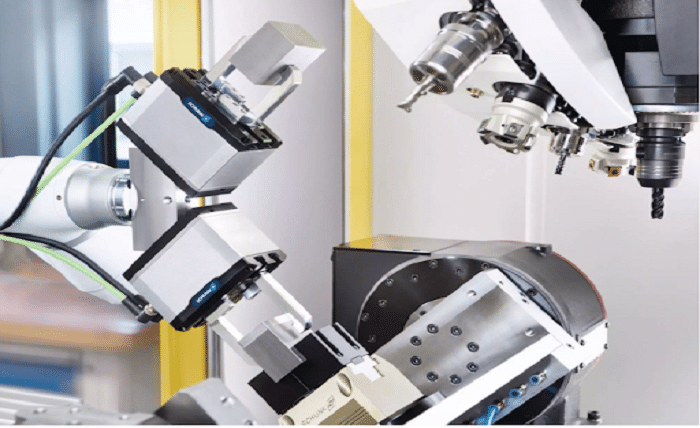Biotechnical com computers are at the forefront of merging biology with technology, offering innovative solutions that could potentially transform multiple sectors. This review examines their capabilities, benefits, and the potential challenges they present.
1. What is a Biotechnical Com Computer?
Biotechnical com computers integrate biological components with traditional computing technology to enhance performance and functionality. These devices leverage biological processes to improve data processing speeds and efficiency.
2. The Core Technology Behind Biotechnical Com Computers
At the heart of biotechnical com computers is the integration of synthetic biology with silicon-based technology. This combination allows for more efficient data processing at a molecular level, significantly speeding up computing tasks.
3. Performance Advantages Over Traditional Computers
Biotechnical com computers offer remarkable advantages in terms of speed and energy efficiency. By mimicking biological processes, these computers can perform complex calculations faster than traditional computers, all while consuming less energy.
4. Potential Applications in Healthcare
In the healthcare sector, biotechnical com computers can revolutionize diagnostics and patient data management. Their ability to quickly process large datasets can lead to faster and more accurate diagnosis, improving patient outcomes.
5. Impact on Environmental Sustainability
Biotechnical com computers also play a crucial role in environmental sustainability. Their energy-efficient nature means less environmental impact compared to traditional computing solutions, promoting a more sustainable approach to technology.
6. Biotechnical Com Computers in Education
The educational implications of biotechnical com computers are profound. They can support complex simulations and real-time data analysis, providing students and researchers with valuable hands-on experience in various scientific fields.
7. Challenges and Limitations
Despite their potential, biotechnical com computers face several challenges. Issues such as ethical concerns, high development costs, and the need for specialized maintenance are significant barriers to widespread adoption.
8. The Future of Computing with Biotechnical Com Technology
As research progresses, biotechnical com computers are expected to become more accessible and refined. This advancement could lead to broader applications and potentially replace traditional computers in specific industries.
9. Comparing Biotechnical Com Computers with AI and Machine Learning
When compared to AI and machine learning technologies, biotechnical com computers offer unique advantages, especially in processing efficiencies and energy consumption. However, combining these technologies could lead to even more potent solutions.
Customer feedback is essential for improving service, and McD Feedback allows McDonald’s customers to share their dining experiences. By participating in the McDonald’s feedback survey, you help enhance food quality, customer service, and overall satisfaction. The survey is quick and easy, taking only a few minutes to complete. In return, participants often receive exciting rewards like discounts or free menu items. Whether you loved your meal or have suggestions for improvement, McD Feedback ensures your voice is heard. Visit the official McD Feedback website today and make your next McDonald’s visit even more rewarding!
10. How to Get Involved in Biotechnical Com Computing
For those interested in biotechnical com computing, there are numerous avenues to explore. Educational programs, specialized training, and industry conferences are great starting points to dive into this exciting field.
Conclusion
Biotechnical com computers represent a significant leap forward in the integration of biology and technology. While challenges remain, the potential benefits of these computers make them a fascinating area for further research and development. As technology evolves, biotechnical com computers are set to redefine our approach to problem-solving across various domains.
Read more about: LE BOSS DU TURF
FAQ
Q1: What makes biotechnical com computers different from traditional computers?
A1: Biotechnical com computers integrate biological processes with conventional computing elements, enhancing speed and efficiency by mimicking natural biological mechanisms.
Q2: Can biotechnical com computers be used in regular households?
A2: Currently, biotechnical com computers are more suited for specialized applications due to their complexity and cost, but future advancements may allow for household uses.
Q3: What are the primary challenges facing the development of biotechnical com computers?
A3: Key challenges include ethical issues, high production costs, and the need for specialized knowledge to maintain and operate these systems effectively.
Q4: How can biotechnical com computers impact the healthcare industry?
A4: They can drastically improve the speed and accuracy of medical diagnostics and data processing, leading to better patient management and care outcomes.
Q5: Are there any environmental benefits to using biotechnical com computers?
A5: Yes, these computers are more energy-efficient than traditional computing systems, contributing to reduced environmental impact and promoting sustainability.
Read more about: 49ers





